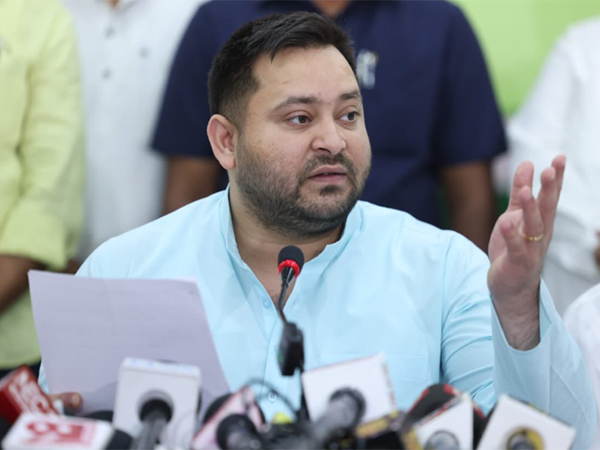Accessible court system might help individuals with low-income to overcome procedural hurdles during divorce
Apr 04, 2021

Washington [US], April 4 : Researchers during a recent study found that a more accessible court system would be helpful for individuals with minimal resources to overcome procedural hurdles while facing divorce.
The findings of the study were published in Proceedings of the National Academy of Sciences of the United States of America (PNAS). The researchers who worked on the study titled "Using random assignment to measure court accessibility for low-income divorce seekers" were D. James Greiner, Ellen Lee Degnan, Thomas Ferriss, and Roseanna Sommers.
The researchers said that their work was significant for several reasons. The United States faces an access-to-justice crisis: When the vast majority of individuals encounter the court system--when they face eviction or foreclosure when they need restraining orders against abuse when they are sued by debt collectors--they do so without a lawyer, frequently because they cannot afford one.
This study exposes that the crisis is more pervasive and extreme than previously understood. Using randomisation, it documents how a courthouse in one of the most progressive areas of the country remained largely inaccessible to divorce seekers without lawyers, even though the legal procedures for obtaining a dissolution of marriage--which is a constitutional right--were straightforward, ordinarily requiring little more than filing the right paperwork in the right order.
"We conducted a field experiment in which 311 low-income individuals seeking a divorce were randomly assigned to receive access to a pro bono lawyer (versus minimal help) to assist with filing for divorce. Examining court records, we found that assignment to an attorney made a large difference in whether participants filed for and obtained a divorce," the researchers said.
Three years after randomization, 46% of the treated group had terminated their marriages in the proper legal venue, compared to 9% of the control group. Among "compliers"--participants who obtained representation only if assigned to receive it--those with lawyers were far more likely to file for and obtain a divorce than those not assigned lawyers. Because divorce implicates fundamental constitutional interests and can be effectuated only by resort to the courts, the US Constitution requires that dissolution of marriage be made achievable regardless of ability to pay.
"Yet, we observed few low-income individuals who were able to initiate divorce suits on their own. Through interviews and archival research, we identified barriers that low-income litigants faced in navigating the divorce system, including mandatory wait times, limited hours at important facilities, and burdensome paperwork sometimes requiring access to photocopiers and typewriters. This study therefore documents a salient instance in which a civil legal process was inaccessible to those without lawyers, even though their legal issues were straightforward, involving few if any matters for courts to adjudicate," the researchers said.




















